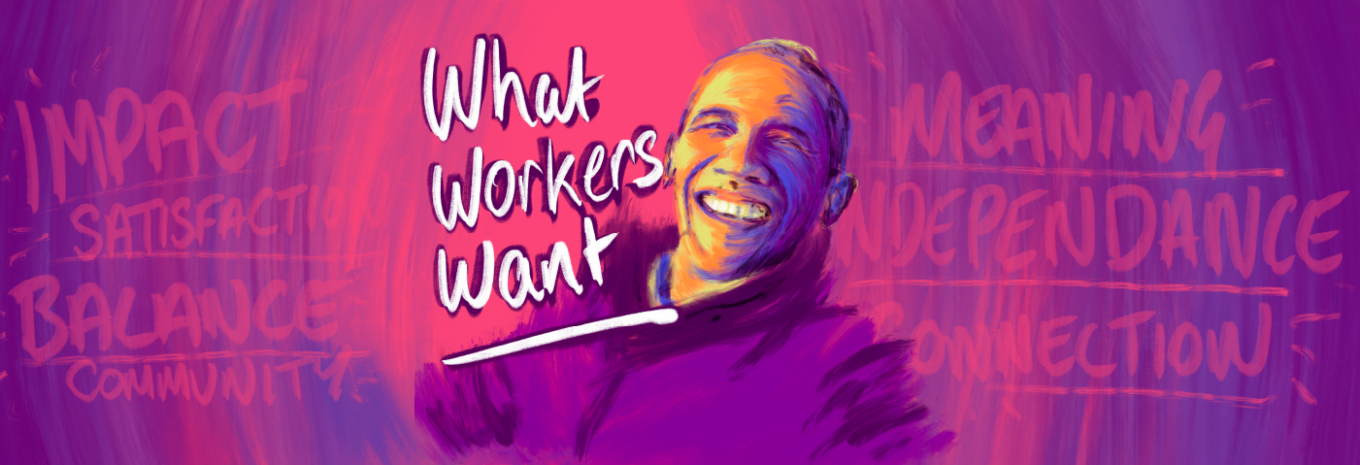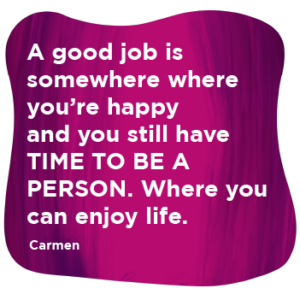“What makes a good job, good? As a society, we get to decide what life looks like for working people. We can make jobs better, or we can make them worse. We can give people more dignity or less.”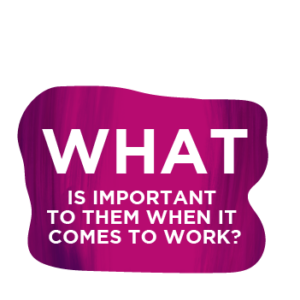
During his college years in the early ‘70s, right around the time Barack Obama was figuring out his future, he came across the book, ‘Working’, by Studs Terkel which investigated the meaning of work for different people.
It was at the peak of a new era of automation. A profits-obsessed corporate culture was taking hold. And the cycle is repeating. As Obama states, “50 years later, we’re in another moment of explosive change, with AI, remote work, spiralling inequality. It can be hard to make sense of where we are and where we’re going.”
Obama decided it was a good time to pick up Stud’s project for this moment to discover the motivations and ambitions of ordinary people today.
In the Netflix series, ‘Working: What We Do All Day’, he questions, “Is it the pay check, the schedule, the stability? What does a good job actually look like now?”
We were keen to hear more on this too, so we followed the touching stories of those featured in this poignant docuseries and noted what was important to them when it comes to work:
Personal impact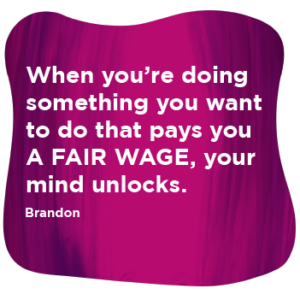
“There are many things I could do to put food on the table. So I started thinking about my impact,” says Karthik, a robotics engineer for a self-driving car company. “I thought about how much influence was important to me and how this would guide my choices. In a larger company you’re a drop in the ocean, in a smaller place the decisions you make impact the future of the entire company.”
Job satisfaction
Brandon, from vehicle dispatch at the same organisation admits he’s drawn to, “a well-paying job with free lunches and a ton of snacks!” But he also adds, “when you’re doing something you want to do that pays you a fair wage, your mind unlocks.”
Connection with leadership
“We’re a growing business. We’ve been fuelling the rocket ship, and now it’s time to launch,” adds Karthik. “This is exciting, but as we’ve grown, my interactions with the founders are a lot less. Previously we’d be in joint meetings together but access to these people has gone as we’ve scaled. It’s hard for me.”
Meaning
“I’m not young and I’m not old. I have all the time, but I’m also running out of time. I thought about working in a car plant, but I wanted to wake up every day with some sense of meaning.” It’s rewarding when you get to meet new people and hear new stories, when you can provide other people with peace and harmony,” explains Randi, a home care aide. “That’s my dream.”
Work life balance
“Nobody tells you what it’s going to be like once you’ve walked across that stage and got your diploma.” Carmen took the initiative and pursued a career in dentistry but after seriously damaging her knee, she struggled to maintain this and joined the gig economy, battling to pay the bills as a part-time delivery driver for Uber Eats. Her end goal is to become a professional makeup artist and she’s clear on what a decent job looks like, “A good job is somewhere where you’re happy and you still have time to be a person. Where you can enjoy life.”
A sense of community
Francois, a hotel general manager explains, “My job is not about being the expert at everything. My job is putting the right team together, ensuring the right culture, leading by example. At the end of the day, what really makes the difference to me is the people who work here.”
Independence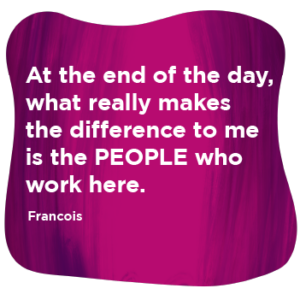
“I don’t worry about money because I know I can count on my paycheck.” Elba, a hotel housekeeper says, “I’m proud of myself because I don’t have to depend on anyone else to survive.”
Giving back
Chandra is the Chairman of Tata Group Mumbai. He explains that, “Two thirds of the profits from our companies flows back to Tata trusts. It’s one of the largest philanthropic trusts anywhere in the world. Our founder declared, ‘What comes from people should go back to people multiple times over’. This ethos is deeply embedded in the functioning of the Tata Group. You see it in the employees, the way the companies engage with the community, the way the communities engage with the company and also what they expect of the company.”
Leaving a legacy
Kenny, a Lobbyist representing a home care agency summarises with, “In three to five years I’ll be retired. But I’ve still got a little life left to live… So, if you can look back and know that you’ve done what you said you were going to do for your client, it makes you feel good about what you’ve achieved.”
So, what do workers want? All of this, and more.
As Obama concludes,
“A good job is one where we feel seen and valued, and where we might even have a chance to grow.”
So, rather than putting all of our efforts into the corporate priorities of exec teams and C-suites, why don’t we flip the narrative, and focus instead on what workers really want?
Caroline Roodhouse for Alive!

